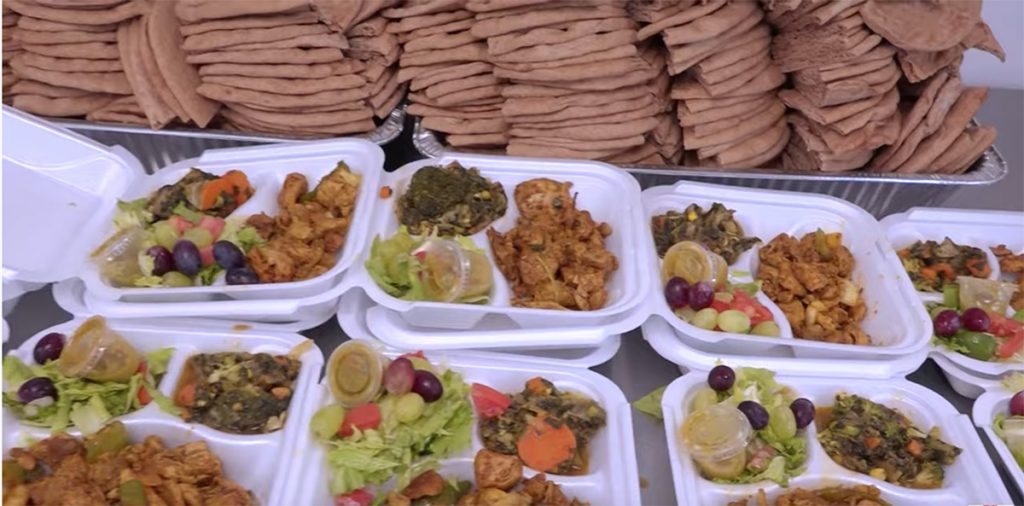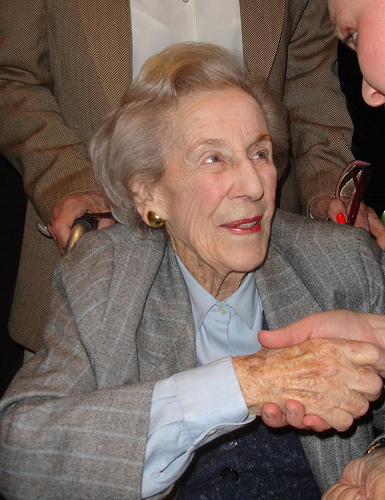

The COVID-19 pandemic has upended everything. While Governor Tim Walz’s stay-at-home order has affected everyone, its effect has had a significant toll on the lives of African immigrant seniors and disabled individuals. They used to rely on adult day care centers and restaurants in the neighborhood for daily meals but the shutdowns have forced them to worry about immediate needs like food.
The Greater Minneapolis Community Connections has stepped in to offer relief by delivering 200 boxed meals to the elderly on a daily basis since the stay-at-home took effect. The Minneapolis non-profit plans to do so for two more weeks and will provide the elderly with cultural appropriate foods.
The seniors appreciate the food assistance but express worry for the loss of freedom to go out to their favorite restaurants to enjoy their meals. They however understand the urgency of the global crisis and are taking the state’s orders of isolation seriously in order to prevent the spread of the virus. All the seniors we spoke to said they are adhering to the governor’s stay-at-home orders.
“Before COVID-19, we had freedom, we could go to anywhere”, Hussein Sheikh, an elderly Somali immigrant said. “We would go to restaurants.”
Adding to the sense of loss on their freedoms is the fact that most elderly male African immigrants do not know how to cook because their cultures have taught them that only women belong in the kitchen. Imam Tawakal Ismail, the chair of Minnesota Somali COVID-19 Task-Force, considers himself one of them.
For many of these men, some who are widowers, an extended stay-at-home order with no restaurants open portends a dire situation.

Local non-profit organizations and Somali community volunteers and faith leaders have stepped in by forming the Minnesota Somali COVID-19 Task Force. The idea is to assess and fulfill people’s immediate needs in these challenging times. “As imams and community leaders, we have learned that many senior immigrants among the disabled population can’t come out of their homes for food and perhaps can’t even cook at home.” Imam Ismail. “Therefore, we have organized ourselves to help our community”.
The task force found a willing partner in GMCC and the idea of daily food deliveries to the seniors was mooted. With the help of the prolific faith leader, GMCC has started handing out nutritious meals to people in need.
“I am appreciating the food I am getting here at my home,” one senior who di not want to be identified said. “I am hungry, I can’t drive, I can’t go outside, and I am scared because the governor said you have to stay at your house, so police may stop me if I try to go out.”
There is a however concern if the stay-at-home order gets extended. “What will be next?” Hussein Sheikh asked. “What will happen if the governor’s stay-at-home order lasts more than two weeks?” That is a question that can only be answered this week by the governor when his stay-at-home order is set to expire. Lt. Governor Peggy Flanagan in a Mshale interview on Tuesday said Governor Walz will answer that question soon.
About Mohamud Farah Dulyadeyn, Mshale Contributing Writer
Mshale Contributor Mohamud Farah Dulyadeyn is the host of Wacyi Show for Somali Cable TV. He is an alum of Metropolitan State University, where he majored in journalism.


 (8 votes, average: 4.63 out of 5)
(8 votes, average: 4.63 out of 5)





